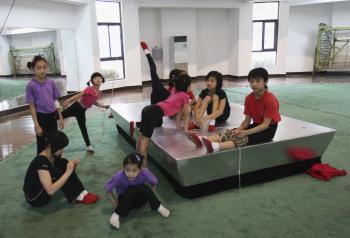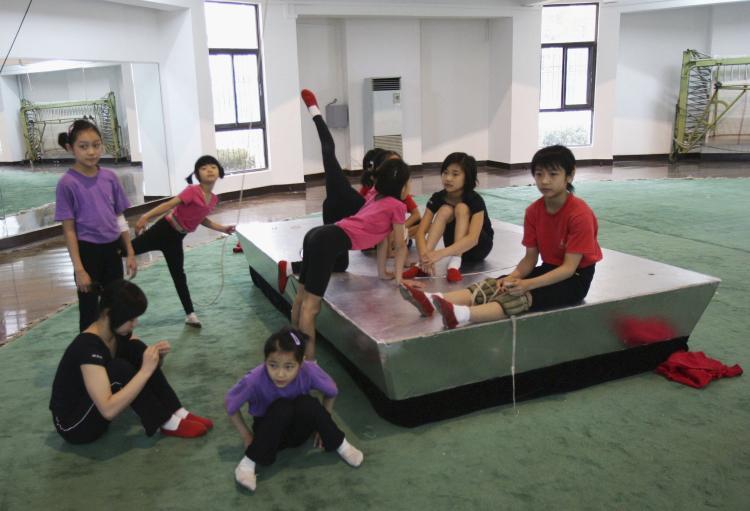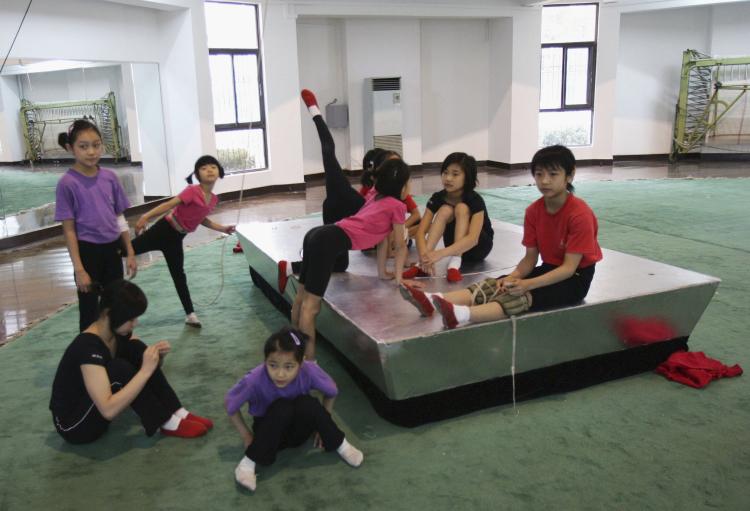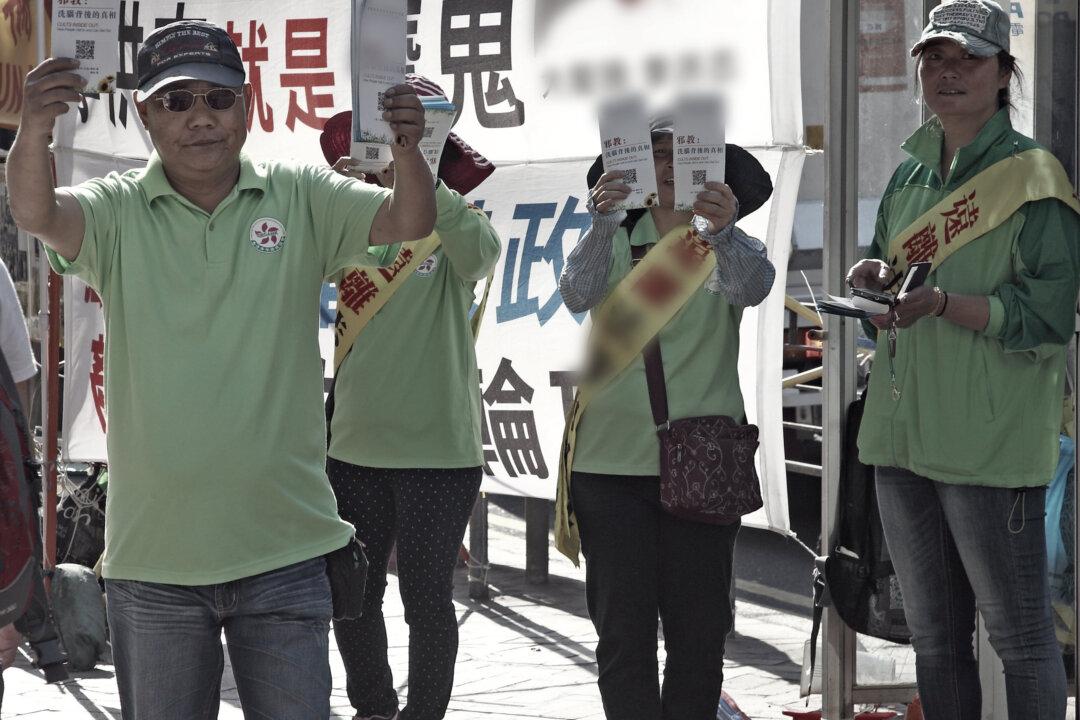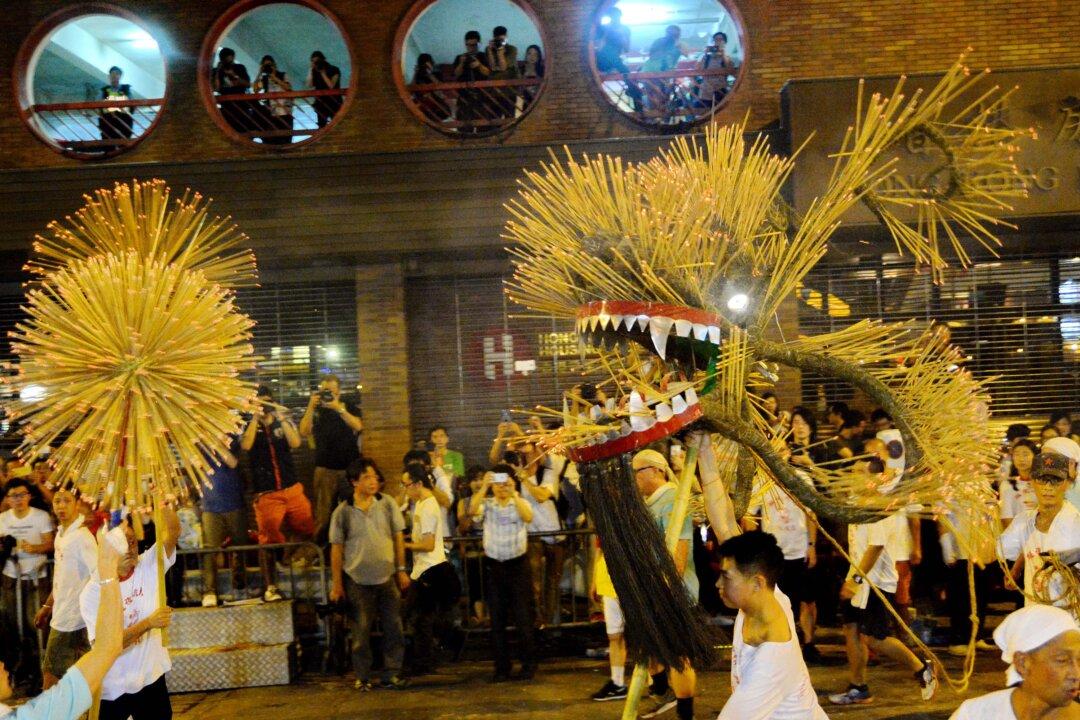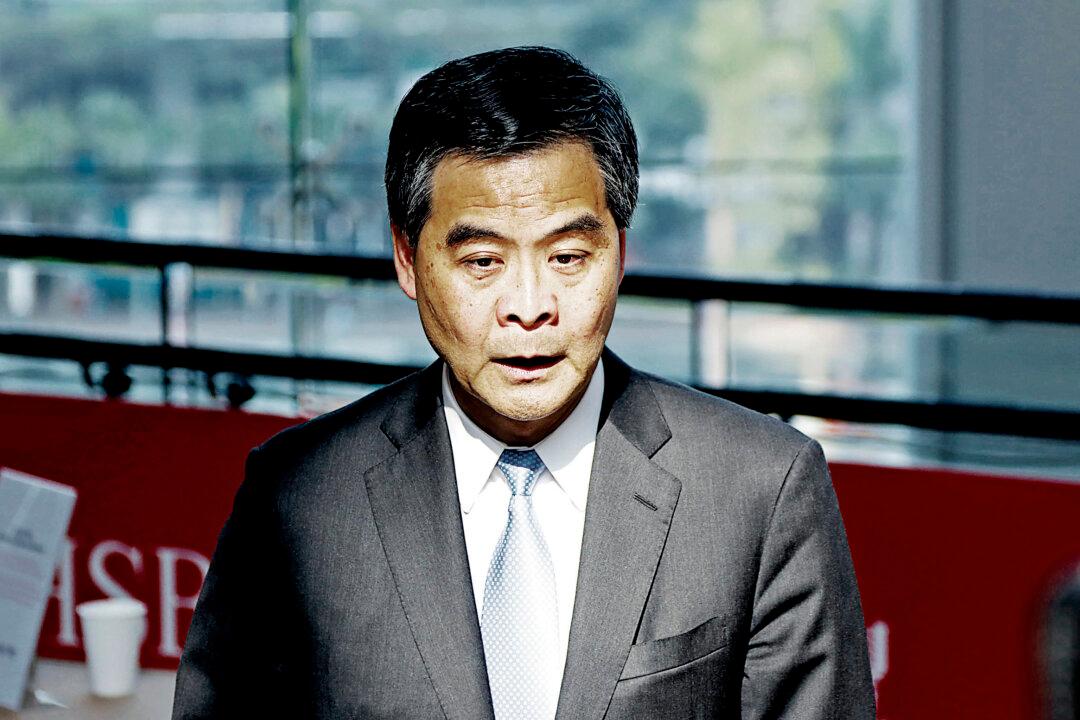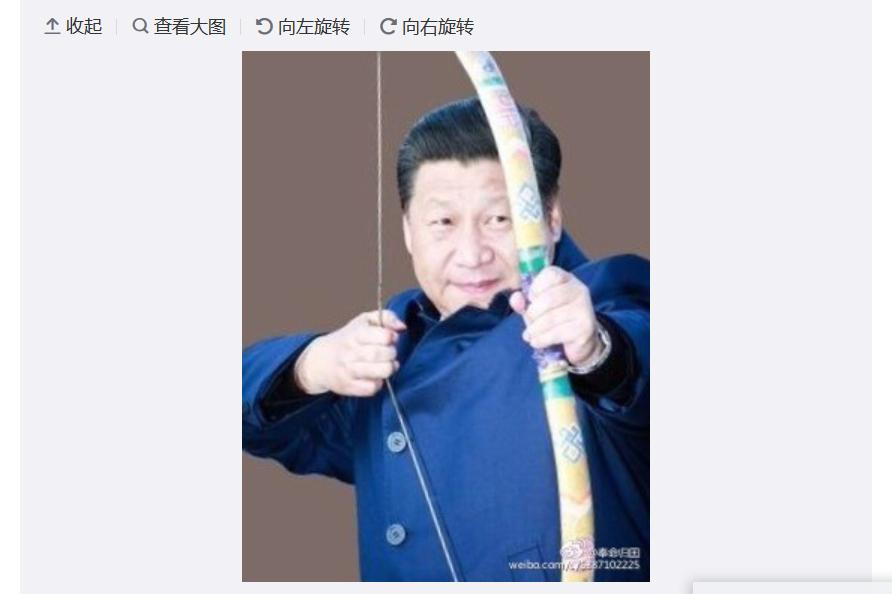China’s scooping up nearly 200 gold medals in the recent Asian Games in Guangzhou brought into focus a longstanding contradiction in the country: enormous emphasis and funding being given to elite sports, while sporting activities for the masses are nowhere on the agenda.
The issue was highlighted by a Chinese Communist Party (CCP) media agency on Nov. 20, seven days before the Games concluded. Outlook Weekly, which is published by Xinhua, said that behind the gold medals, efforts to have the public take up sports have languished.
Added to that, the overall health of Chinese youth has declined. Comparing data from years 2005 and 1995, the average student’s flexibility, muscular strength, endurance, and lung capacity all went down. Agility and strength have been on the decline for 10 years, endurance for 20. This information was told to China Youth Daily in March by Jiang Xiaoyu, vice chair of the Education, Science, Culture and Public Health Committee in the Communist Party’s main political advisory body.
The 16th Asian Games cost at least 120 billion yuan (approximately US$18 billion), according to officials. This price tag included the Asian Para Games, and a good portion of it was said to have gone into infrastructure for the city. China took 199 gold medals; in second place was South Korea with 76.
Aside from questions of general population fitness, Chinese have sometimes found the overt political emphasis placed on winning gold medals distasteful.
After China took 19 gold on the first day of the Asian Games, Yang Ming, an outspoken reporter from Xinhua, published an article arguing that for a long time officials have considered sport as no more than a way to win gold medals and display national strength. “But this is actually distorting the true spirit and essence of sportsmanship,” he wrote. His article sparked heated debate and was circulated widely around the Chinese Internet.
The issue was highlighted by a Chinese Communist Party (CCP) media agency on Nov. 20, seven days before the Games concluded. Outlook Weekly, which is published by Xinhua, said that behind the gold medals, efforts to have the public take up sports have languished.
Added to that, the overall health of Chinese youth has declined. Comparing data from years 2005 and 1995, the average student’s flexibility, muscular strength, endurance, and lung capacity all went down. Agility and strength have been on the decline for 10 years, endurance for 20. This information was told to China Youth Daily in March by Jiang Xiaoyu, vice chair of the Education, Science, Culture and Public Health Committee in the Communist Party’s main political advisory body.
The 16th Asian Games cost at least 120 billion yuan (approximately US$18 billion), according to officials. This price tag included the Asian Para Games, and a good portion of it was said to have gone into infrastructure for the city. China took 199 gold medals; in second place was South Korea with 76.
Aside from questions of general population fitness, Chinese have sometimes found the overt political emphasis placed on winning gold medals distasteful.
After China took 19 gold on the first day of the Asian Games, Yang Ming, an outspoken reporter from Xinhua, published an article arguing that for a long time officials have considered sport as no more than a way to win gold medals and display national strength. “But this is actually distorting the true spirit and essence of sportsmanship,” he wrote. His article sparked heated debate and was circulated widely around the Chinese Internet.
